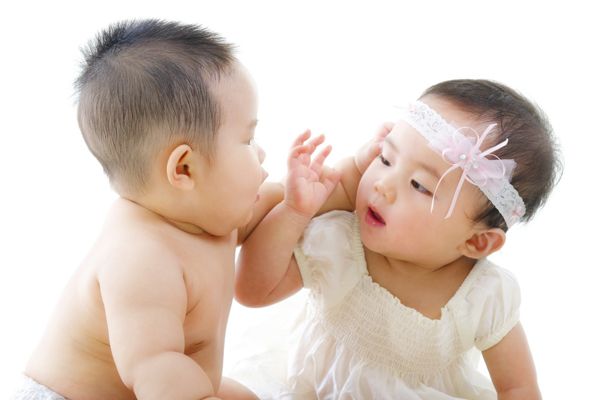Baby Gender Selection (Sex Selection)
PGD Success Rate
PGD embryos have a success rate equal to that of all other embryo transfers, but at New Life this success rate is exceptionally high due to the processes we have in place. All New Life egg donors undergo a careful selection process prior to being added into our database for inclusion in any of our PGD programs.

They must meet established requirements, including a proven history of one or more successful egg donations where they produced at least 15 eggs, and they must have a current Antral Follicle Count of at least 20. By necessitating our donors to meet these requirements, we can ensure that our clinics receive as many embryos as possible to turn into five day blastocysts. This component of the program is critical, as PGD must be performed on the fifth day.
Following PGD, embryo counts could be cut in half, or in extremely rare cases we may only be left with embryos of the opposite gender or even undetected gender embryos. We want you to be completely happy with the outcome of your program, so at the onset we will discuss all possibilities with you so you are fully aware. While it is reliable, PGD does have a 2% chance of inaccuracy, so embryos may be incorrectly detected as male or female. Please discuss any questions or concerns you have about your gender selection program with your New Life representative prior to signing the consent form, in which you will agree to take your baby home even if they are not of the desired gender.
Why PGD?
PGD offers many benefits to our parents-to-be beyond just gender selection. It can offer peace of mind, as the technology is also capable of determining whether chromosomal translocations or single-gene disorders are present in the embryo. While PGD is not able to 100% guarantee that you will receive only genetically healthy embryos, these technologies are an effective way to test for gene disorders such as Cystic Fibrosis, Tay Sachs, Fragile X, Myotonic Dystrophy and Thalassemia. Our doctors may recommend PGD for the following:
- Sex selection
- If a child was previously born with a single-gene disorder
- If the baby is at risk of inheriting a genetic disease
Risks Associated with PGD and PGS:
Embryo Biopsy and Removal of Cells
When PGD is performed by an embryologist that is experienced with the micromanipulation techniques used to perform the procedure, there is less than 1% chance of any accidental damage to an embryo. Because we want every parent-to-be to feel confident they are in the most trustworthy and capable hands, New Life only employs highly qualified professionals.
Two days following fertilization while they are still immature, one or two cells will be removed from the embryo. Since they are still immature at this stage, the procedure will not have any effect on the future fetus. Cell division may be delayed for a few hours as a result of the biopsy, but normal development continues shortly after the procedure is completed. This could result in lower implantation rates, however, the risk is minimal and is offset by the overall increase in success rates that PGD has for our parents-to-be.
Misdiagnosis
PGD has a 90% success rate, with only 10% of procedures resulting in false negatives or positives, or the chance for either mosaicism (different genetic makeups in cells from the same person)or no result. We do occasionally see abnormal chromosome counts, even though cells should have the same chromosomal makeup when they originate from the same fertilized egg. When this happens, it may result in a misdiagnosis.
No Embryos Available for Transfer
Only about 15% of all couples that come to New Life have no normal embryos available for transfer. We see this happen when women negatively respond to ovarian stimulation, there are chromosomal abnormalities, or the quality of the eggs or sperm are low. In these cases, there will be a lower number of eggs or embryos, but this doesn’t mean you cannot become a parent. At New Life, we can recommend alternative solutions to help you achieve parenthood in the event that you’ve undergone three unsuccessful IVF/PGD cycles.